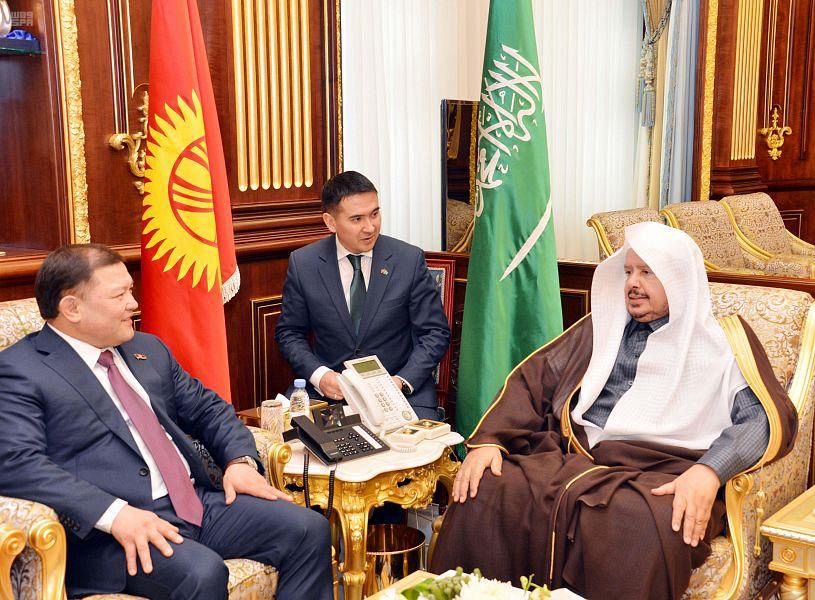
After extending the term of the outgoing Iraqi Kurdistan parliament, it was believed that Speaker Yusuf Mohammed Sadiq would return to Irbil and carry out his duties, especially in wake of the disastrous consequences of the autonomous region’s independence referendum.
However, neither the Speaker returned to parliament nor did the political situation stabilize. Sadiq had held the Kurdistan region’s government accountable for this instability, saying that the consequences of the September referendum cost the region 25 years worth of achievements.
In an interview with Asharq Al-Awsat, Sadiq said that he is ready to hold talks with Baghdad, urging Prime Minister Haidar al-Abadi against acting “arrogant.”
Explaining why he did not resume his work as a parliament speaker, he replied that the way in which the “parliament was rendered functional did not satisfy our ambitions.”
“We wanted to keep it away from partisan meddling, but the reality was that its only goal was to legislate the referendum process.”
He explained that the decision to hold the referendum took place through a partisan decision and against the parliament’s will.
He revealed that he was opposed to the extension of parliament’s term, especially since parties agreed to organize the independence vote before the parliamentary elections.
“I knew that it will be difficult to organize the elections directly after the referendum due to the short period of time between the two events,” Sadiq said.
He added that he sent a letter to the electoral commission asking it to prepare for organizing the presidential and parliamentary elections before the end of parliament’s term on June 11 because he feared that the referendum would delay the elections, but nothing transpired from his efforts.
The referendum was consequently held and the parliamentary and presidential elections were postponed.
“I believe that the Change Movement agrees with me that my return depends on enabling the parliament to perform its duties without any hegemony. I believe that we need a new agreement that ensures that the current regime is changed and that the Kurdistan Democratic Party would be prevented from meddling in the security and military institutions,” he added.
The new change would also ensure that democratic and transparent parliamentary and presidential elections are held. Negotiations would also be held with Baghdad and reforms would be introduced to achieve transparency in financial resources, he stressed.
Sadiq told Asharq Al-Awsat: “The stronger our relationship with the federal authorities is, the better it would be. Relations between legitimate institutions must be strengthened to become the bodies that supervise governance institutions.”
“I see an utmost necessity that the Kurdish parliament have an important and effective role in any negotiations between Irbil and Baghdad,” he remarked.
Should the Kurdistan Regional government be unable to open the doors to dialogue with Iraq, the parliament could form a delegation under the supervision of the presidential body to go to Baghdad to negotiate.







